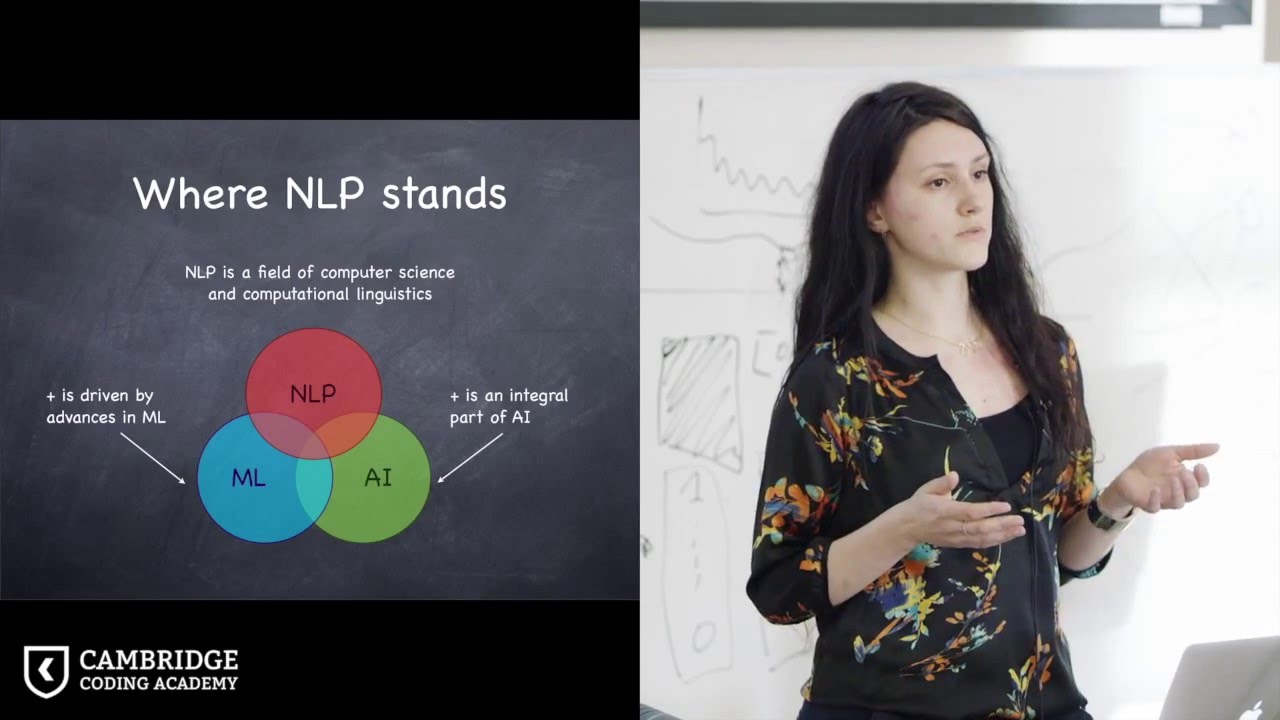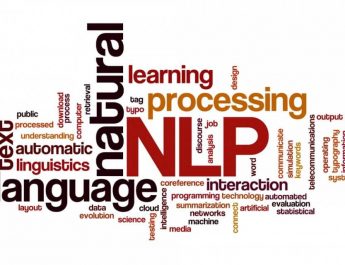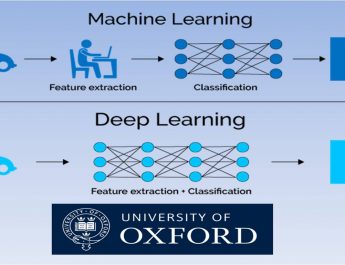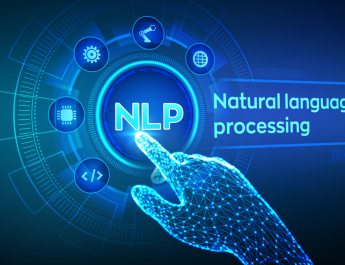Talk by Ekaterina Kochmar, University of Cambridge, at the Cambridge Coding Academy Data Science Bootcamp.
Natural language processing (NLP) deals with the key artificial intelligence technology of understanding complex human language communication. Natural language processing (NLP) is one of the most important technologies of the information age. Understanding complex language utterances is also a crucial part of artificial intelligence. Applications of NLP are everywhere because people communicate most everything in language: web search, advertisement, emails, customer service, language translation, radiology reports, etc. There is a large variety of underlying tasks and machine learning models powering NLP applications. Recently, deep learning approaches have obtained very high performance across many different NLP tasks. These models can often be trained with a single end-to-end model and do not require traditional, task-specific feature engineering.
Ekaterina Kochmar is a research associate at the Computer Laboratory of the University of Cambridge. She works on Automated Language Teaching and Assessment (ALTA) with Professor Ted Briscoe. She has recently completed my Ph.D. at the Natural Language and Information Processing Group, Computer Laboratory. Her research focuses on compositional distributional semantics and the use of machine learning methods in educational NLP. In particular, She investigates the methods of automated error detection and correction, and explore how compositional distributional semantics can be used to detect and correct errors in lexical choice. She is also interested in vocabulary acquisition and in how NLP and ML techniques can help learners of a language acquire and expand their vocabulary in order to read and write in a foreign language.

In 2011, She gained an MPhil Degree in Advanced Computer Science from the University of Cambridge. Her research focused on non-native author profiling and native language identification in texts written by non-native speakers of English. In particular, She investigated how to automatically detect the native language of an anonymous writer using idiosyncrasies and errors in their writing.
She is a member of St John’s College since 2010 and a scholar of the College since 2011. Her studies have been funded by the Cambridge Trusts and Cambridge Assessment.
Before coming to Cambridge, She finished a Master’s Degree in Computational Linguistics at the University of Tuebingen. Her MA project focused on ensemble-based learning and its application to morphological analysis of German. This project was done under the supervision of Professor Erhard Hinrichs and Dr. Dale Gerdemann.
She gained her Diploma in Applied Linguistics from Saint Petersburg State University, where she was supervised by Assistant Professor Irina V. Azarova.




